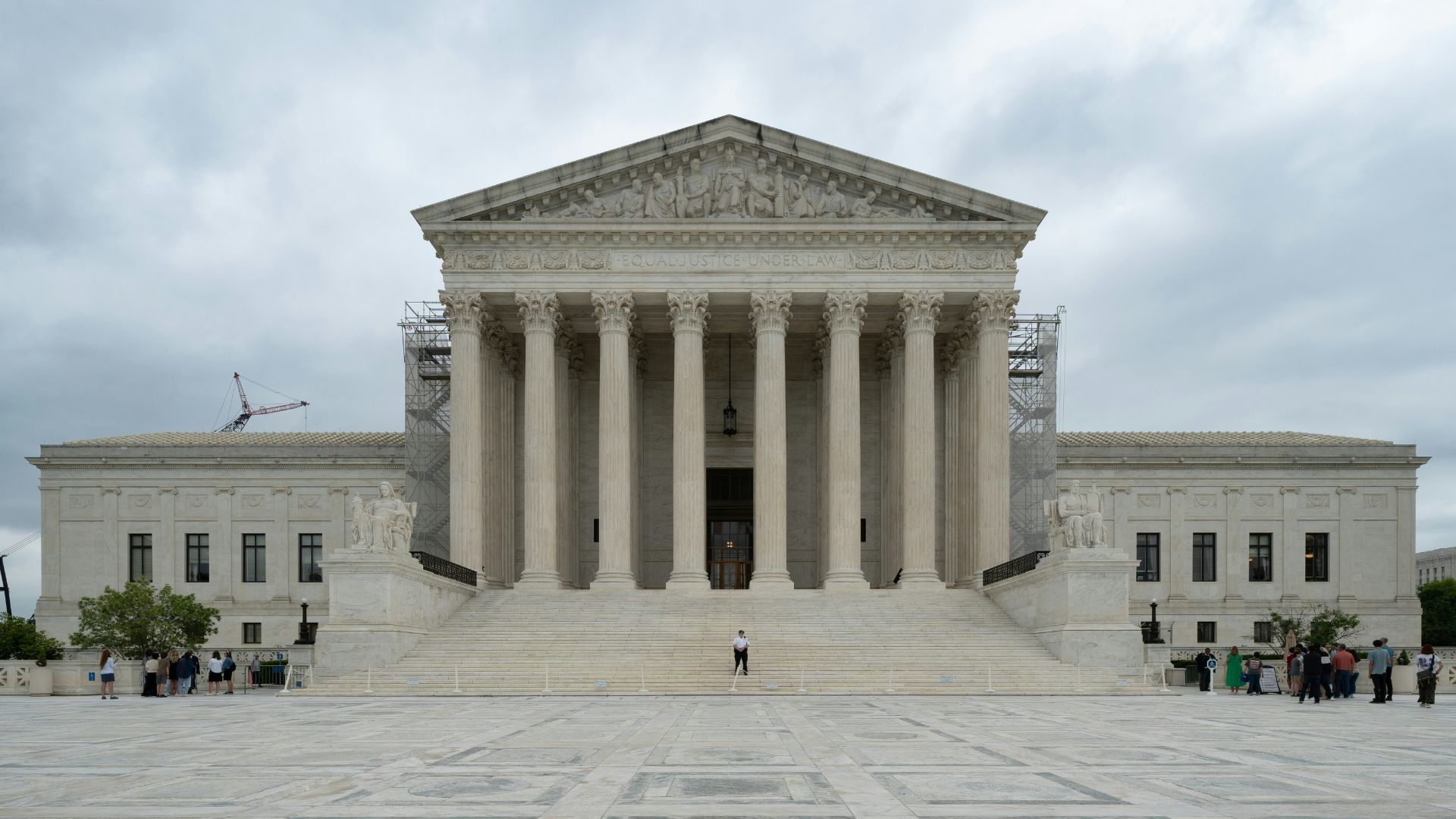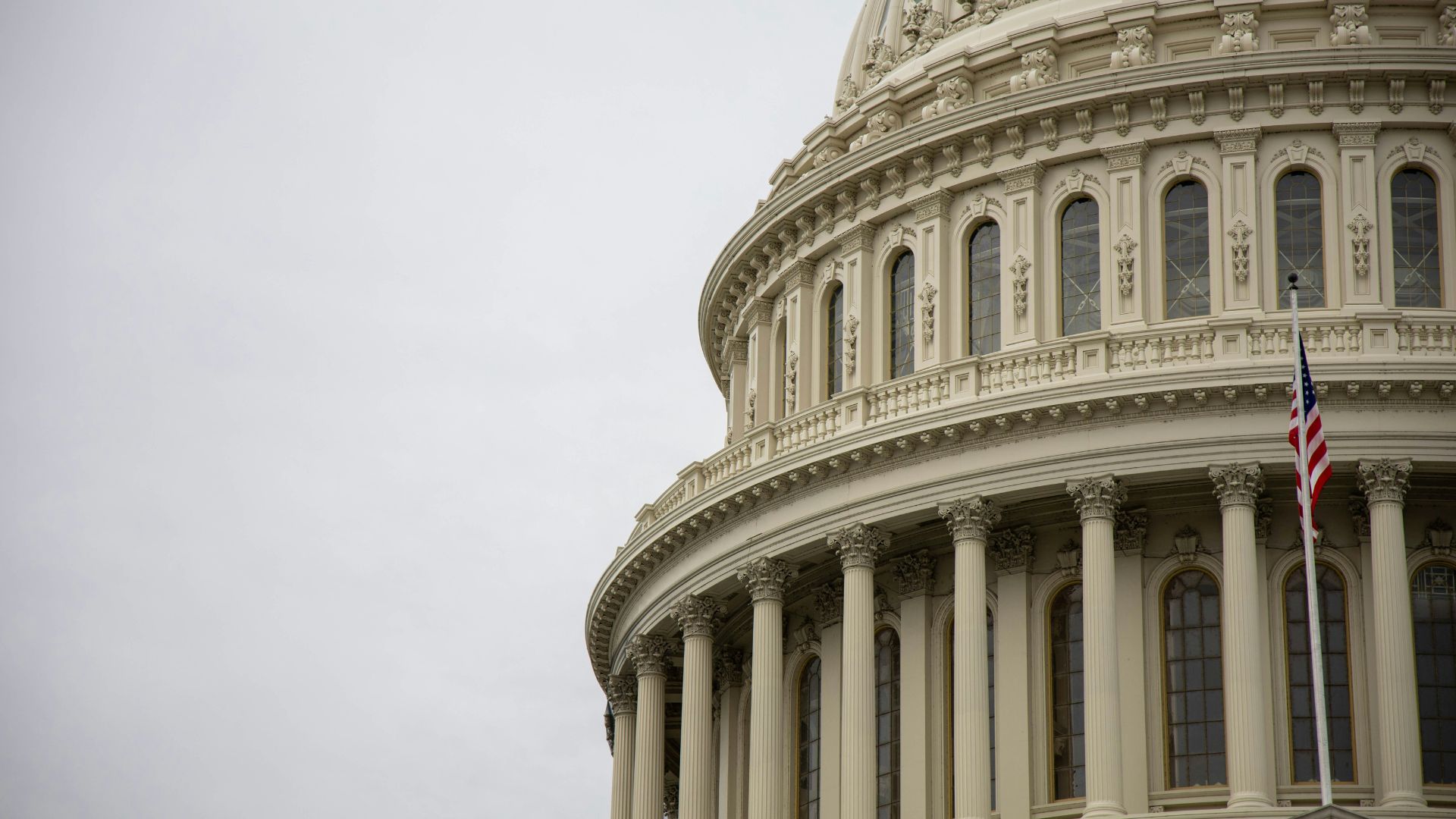Earlier this year, the Biden administration issued a rule that sought to protect the privacy of American women getting abortions by banning certain health disclosure requirements regarding reproductive health.
Now, the state of Texas has filed a lawsuit hoping to block the ban, saying it unnecessarily hinders the state’s ability to conduct lawful investigations.
Biden Rule

On April 22, the Biden administration announced the rule, saying disclosure requirements for women’s reproduction have a negative effect on health outcomes.
“Many Americans are scared their private medical information will be being shared, misused, and disclosed without permission. This has a chilling effect on women visiting a doctor, picking up a prescription from a pharmacy, or taking other necessary actions to support their health,” said HHS Secretary Xavier Becerra.
Strong Protections

Part of the focus of the Biden rule was to protect women who had to travel out of state to get abortions after the recent overturning of Roe v. Wade by the Supreme Court.
“Since the fall of Roe v. Wade, providers have shared concerns that when patients travel to their clinics for lawful care, their patients’ records will be sought, including when the patient goes home. Patients and providers are scared, and it impedes their ability to get and to provide accurate information and access safe and legal health care,” said OCR Director Melanie Fontes Rainer.
What Does the Rule Do?

The rule, called the HIPAA Privacy Rule to Support Reproductive Health Care Privacy, strengthens a previous privacy rule by restricting the disclosure of “protected health information” that comes as a result of certain instances of “lawful reproductive health care.”
Biden said in a White House statement that “no one should have their medical records used against them, their doctor, or their loved one just because they sought or received lawful reproductive health care.”
Changes Enforced by the Rule

Under this new standard, healthcare providers were required to modify their privacy policies to support this new “reproductive healthcare privacy” rule.
If any information would have to be shared, the healthcare provider would also have to acquire a “signed attestation” that this information is not for prohibited purposes like identifying women getting abortions.
Texas Lawsuit

On September 4, the State of Texas filed a lawsuit against the Department of Health and Human Services (HHS) among others seeking “injunctive relief” for this rule and a previous one known as the “2000 privacy rule.”
“HHS has promulgated the 2024 Privacy Rule in order to obstruct States’ ability to enforce their own laws on abortion and other laws that HHS deems to fall under the rubric of ‘reproductive health care,’” the lawsuit says.
Response to the Supreme Court

In its lawsuit, Texas asserts that the HHS implemented this rule as a way to get around the recent Roe v. Wade decision.
“HHS nakedly admitted that the 2024 Privacy Rule is a response to the ‘[t]he Supreme Court’s decision in Dobbs [that] overturned Roe v. Wade and Planned Parenthood of Southeastern Pennsylvania v. Casey, thereby enabling states to significantly restrict access to abortion,’” said the lawsuit.
Disrespecting Laws

Ken Paxton, the attorney general of Texas, asserted that the 2024 rule was evidence of the current president’s disrespect for laws in the nation.
“This new rule actively undermines Congress’s clear statutory meaning when HIPAA was passed, and it reflects the Biden administration’s disrespect for the law,” Texas Attorney General Ken Paxton said in a statement. “The federal government is attempting to undermine Texas’s law enforcement capabilities, and I will not allow this to happen.”
Biden’s Motive

According to a statement from the Texas AG’s office, Biden is abusing his federal authority to weaken state laws.
“With this rule, the Biden Administration makes a backdoor attempt at weakening Texas’s laws by undermining state law enforcement investigations that implicate medical procedures. The Biden Administration’s motive is clear: to subvert lawful state investigations on issues that the Courts have said the States may investigate,” said the statement.
Straying From the Original Intent

The Texas government says that it supports the original privacy intentions with the HIPAA statute written by Congress, which still allows states to conduct their own lawful investigations.
“The original HIPAA statute as written by the United States Congress explicitly preserves the investigative authority of State law enforcement, and the law in no way gives HHS the authority to allow HIPAA-regulated institutions to refuse to cooperate with State investigations,” the AG statement said.
Other Rule

In addition to objecting to the newest Biden rule, the lawsuit also hopes to stop the enforcement of the so-called “2000 privacy rule” for a similar reason.
“These rules significantly harm the State of Texas’s investigative abilities because covered entities frequently cite the 2000 Privacy Rule as a reason they cannot comply with a valid investigative subpoena for documents, and have already begun invoking the 2024 Privacy Rule for similar purposes,” said the state’s lawsuit.
Trump Judge

This case has been assigned to US Federal District Judge James Wesley Hendrix, who was previously appointed by the former Donald Trump administration.
Reuters notes that this judge has often “ruled against Biden’s policies.”
